Antibiótico y antiséptico
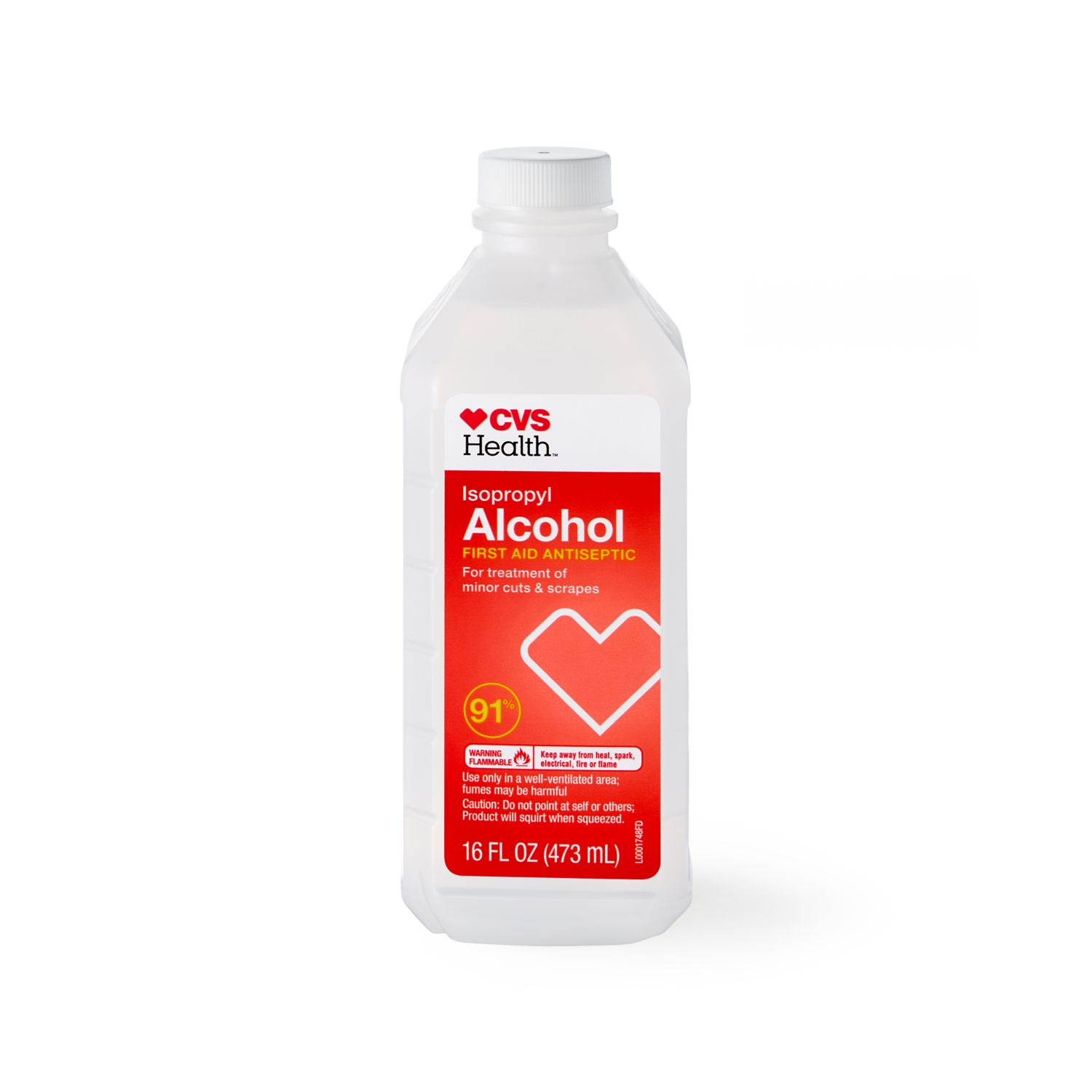)
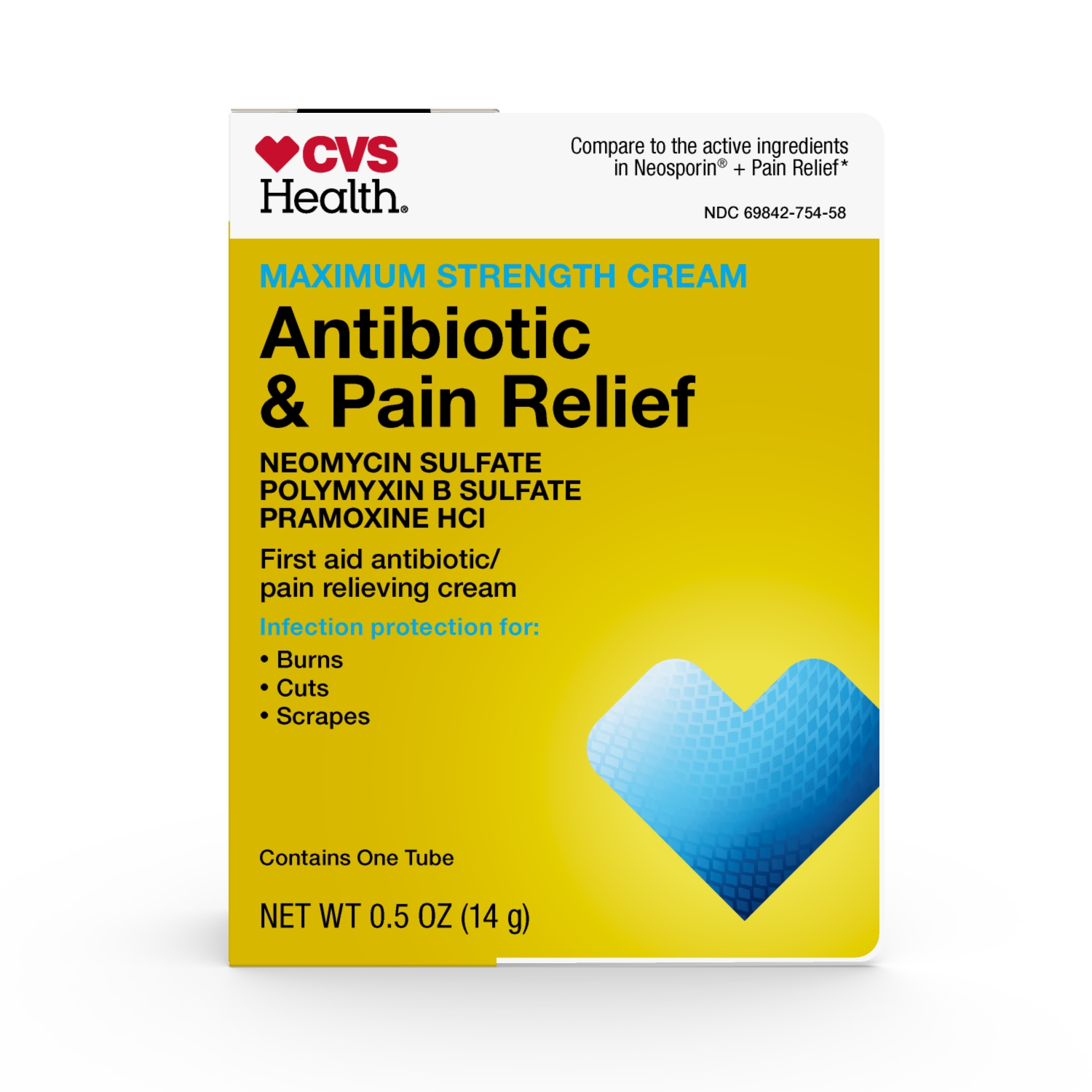)
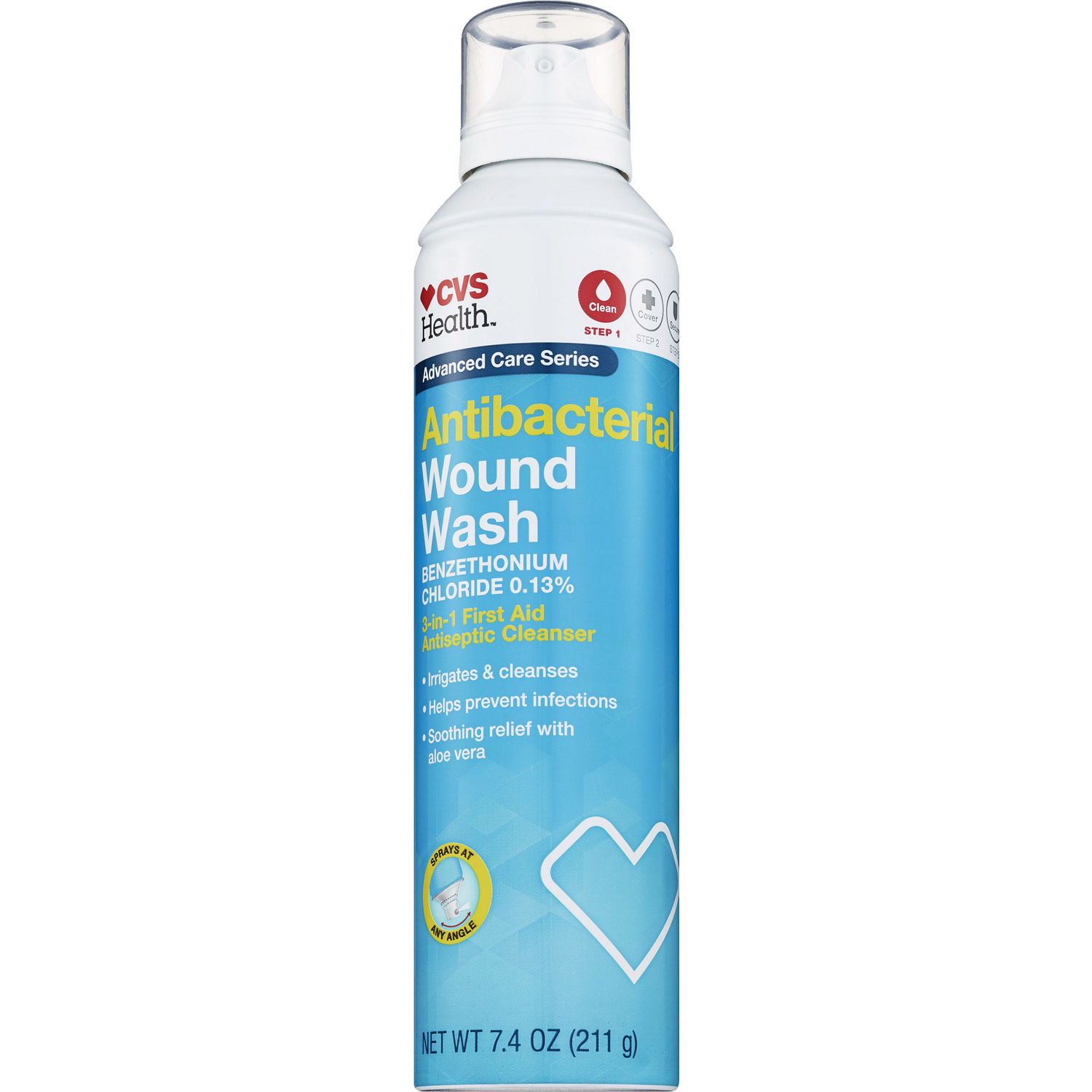)
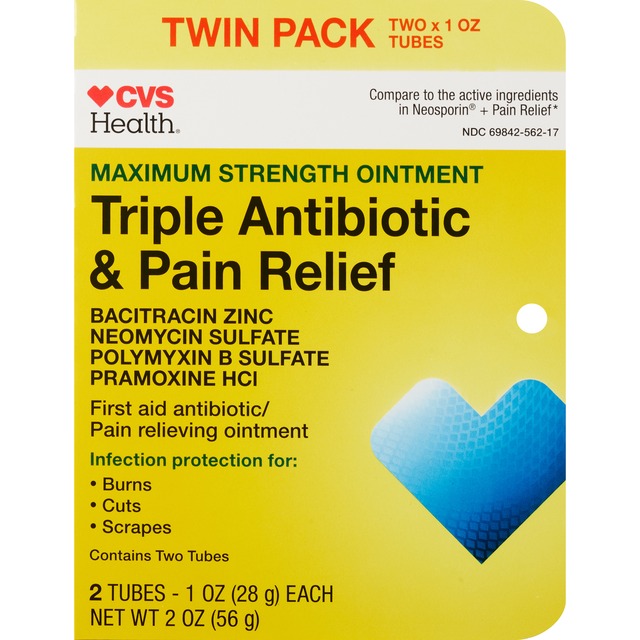)
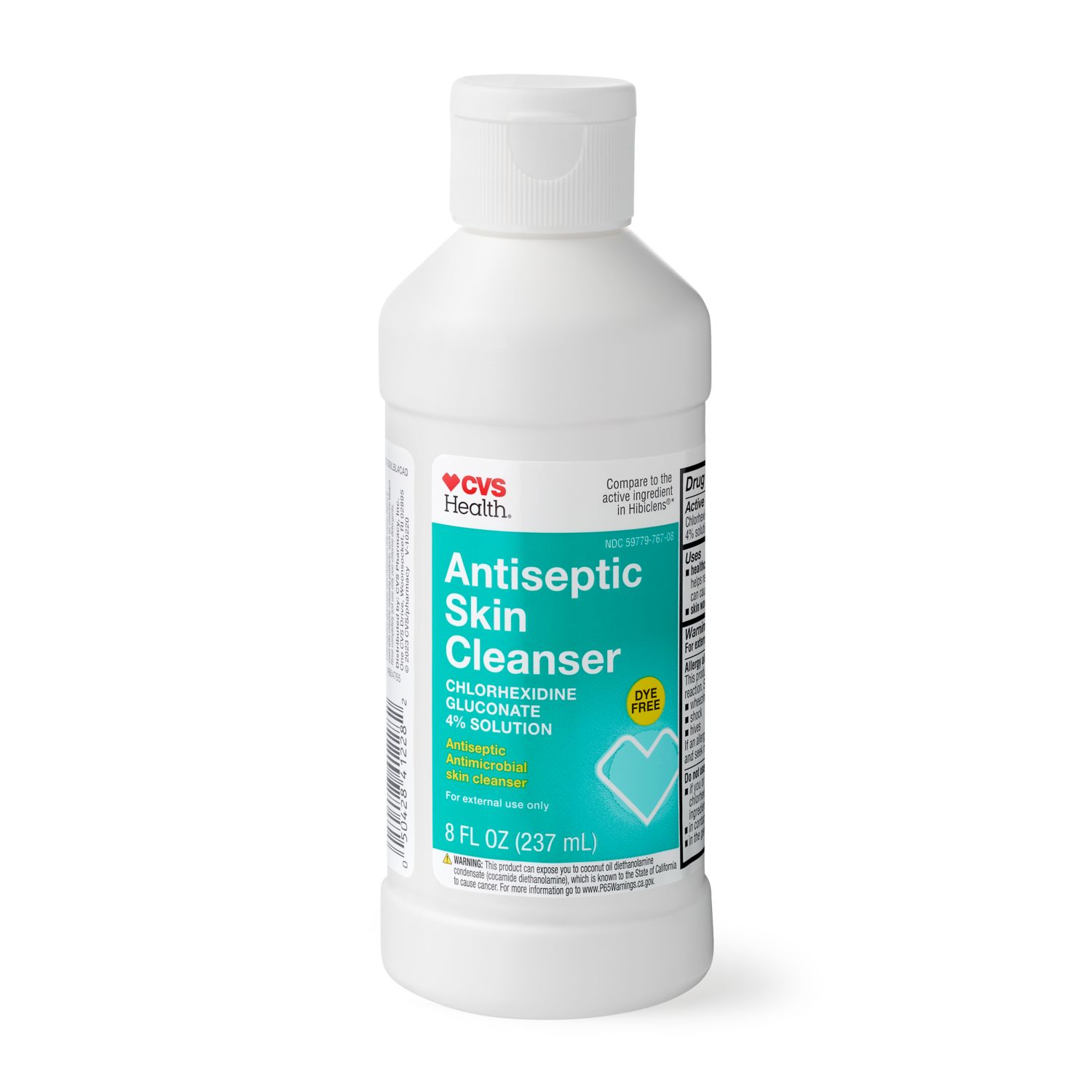)
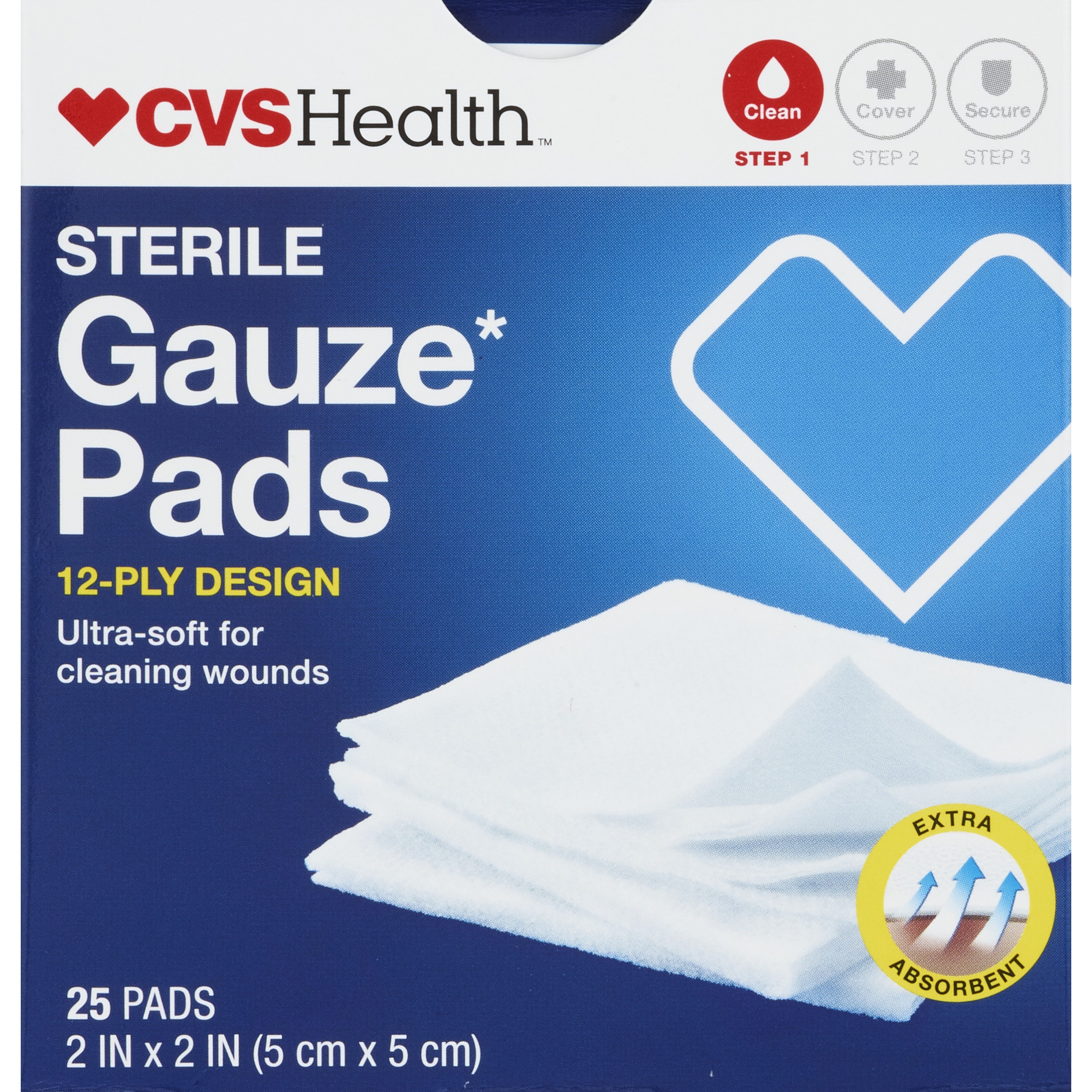)
+ 3 opciones
)
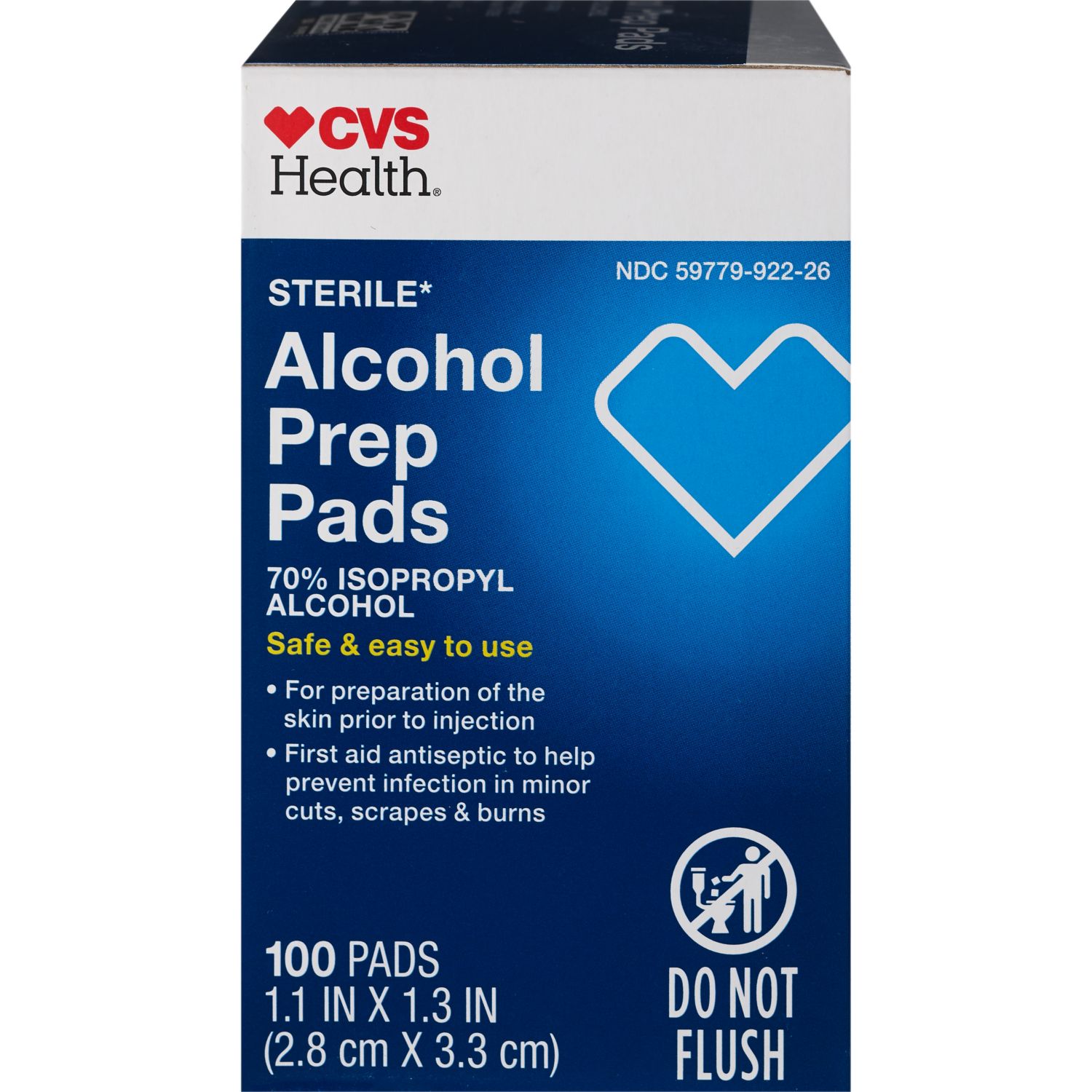)
)
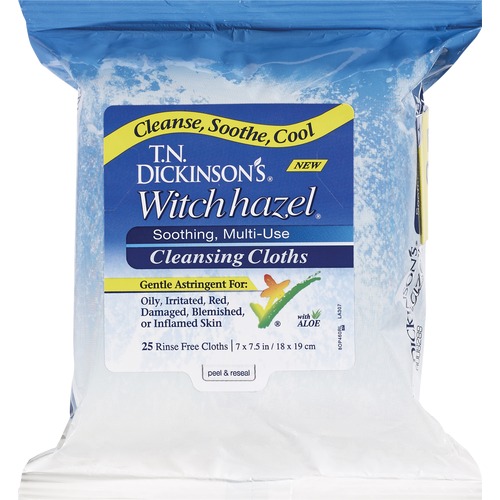)
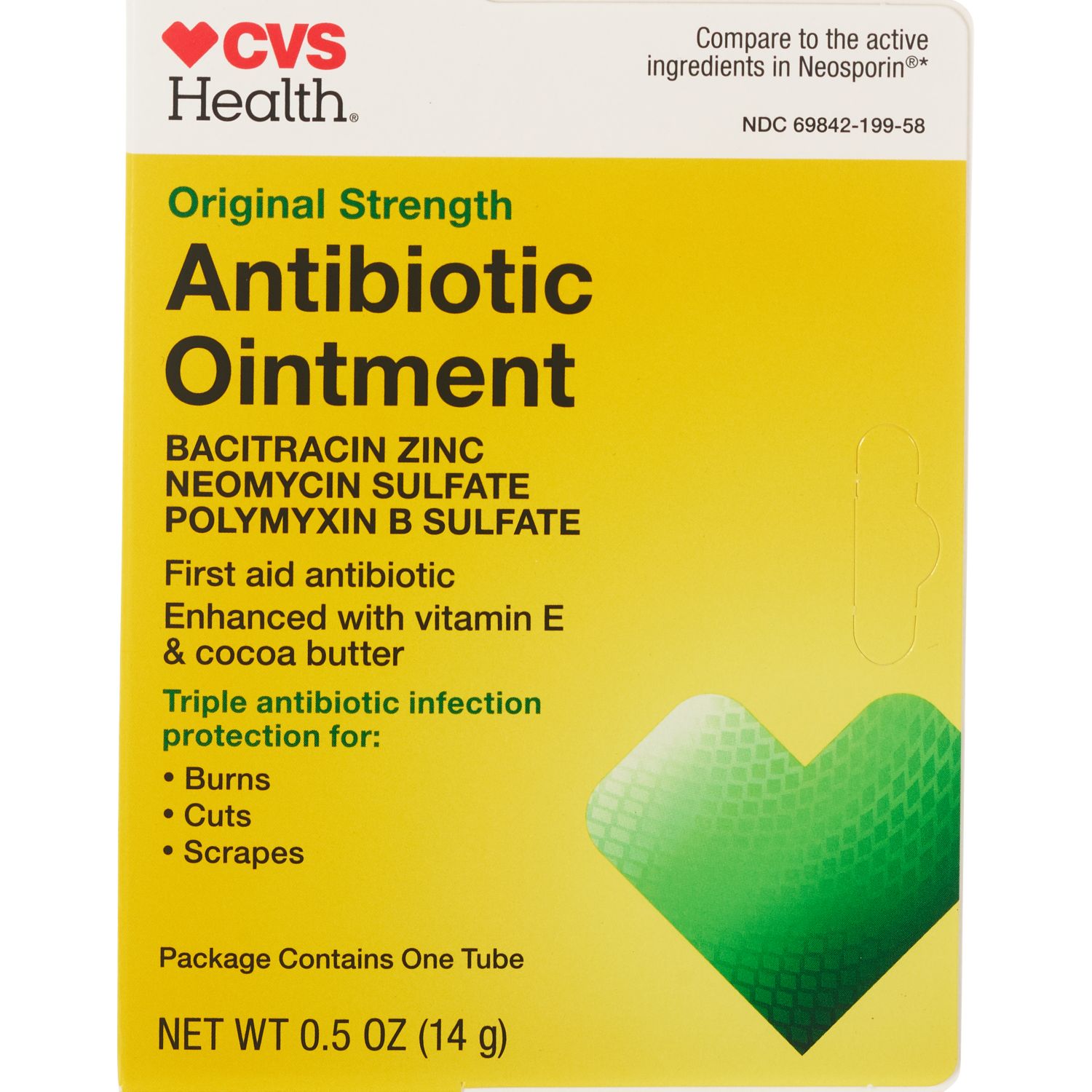)
Shop more first aid
Ointments With Antibiotics for Treating Cuts and Scrapes
Disinfect minor wounds using ointments with antibiotics. These antiseptic creams help ensure cuts, punctures and scrapes remain clean, aiding healing and reducing the risk of skin infections.
First Aid Antiseptic
Administering first aid to wounds is of the utmost importance. Doctors frequently recommend applying antiseptic and antibiotic over-the-counter products to minor skin injuries. These products help to promote healing and decrease the risk of infection. Proper wound care may also benefit your appearance by helping to lower the likelihood of scarring.
Antibiotics vs. Antiseptics
Antiseptics and antibiotics both help fight germs that can cause infections in wounds, but they are not exactly the same. Antiseptics help fight the growth of germs on the surface of the skin and should typically be applied immediately after a wound occurs. Common antiseptics for wound care include benzethonium chloride, camphorated phenol, chloroxylenol, yodo and povidone-iodine. Antibiotic topical products help kill bacteria and are often used daily while wounds heal. Active ingredients in over-the-counter antibiotic wound care products include bacitracin, bacitracin zinc, neomycin sulfate and polymyxin B. You can read the product descriptions to learn more about the ingredients found in the antiseptics and antibiotics featured in this selection.
Topical Wound Care Products
Once you have focused on the antiseptics or antibiotics with the key ingredient that your health care provider recommends, you can compare other features of the products. Topical wound care products come in a number of forms, including ointments, creams, gels, wipes, liquids and sprays. Some products contain additional ingredients that could be beneficial for you. You can find formulas that feature pain-relieving medications and itch-relieving ingredients that help ease discomfort during the healing process.
Antiseptic Vs. Antibiotic
If you're unsure which antiseptics or antibiotics are right for your wound care needs, consult your medical provider. He or she can suggest the best products and give you tips on how to properly care for wounds at home. Keep in mind that antiseptics and antibiotics are not sufficient for treating severe wounds that continue to bleed or are large in size. Seek emergency medical care for these types of injuries. Never try to treat an infected wound with over-the-counter antiseptics and antibiotics. Instead, see your health care provider, as prescription medications may be required.
What Is A Topical Antibiotic?
A topical antibiotic is any gel, cream, or ointment that has been designed for direct application to your skin to destroy or inhibit the growth of bacteria on the affected area. A topical antibiotic is manufactured to kill dangerous microorganisms that want to take up shop in your wound.
How To Prevent Wound Infection
To aid in your body's efforts at healing, you will want to prevent further infection to your wound by following a few key steps that can include: • Washing your hands before and after touching or cleaning your wound • Stopping the bleeding of your minor cut or wound as effectively as possible • Cleaning the affected area • Applying an antiseptic to disinfect the affected area • Applying the proper size bandages or dressings to promote healing • Changing the bandages regularly
Does CVS Sell Antiseptic Cream?
Yes, CVS sells a variety of Antiseptic Cream in stores and online.
Is Antiseptic Cream Available For Same Day Pickup?
Yes Antiseptic Cream is available for same day pickup at most locations, check your local stores availability and add to cart to pick up today.
Is There An Age Limit To Purchase Antiseptic Cream?
No there is no age limit to purchase Antiseptic Cream.
Does CVS Deliver Antiseptic Cream?
Yes CVS delivers Antiseptic Cream to your home. Delivery is always free over $35.
Is Antiseptic Cream Antibacterial?
Topical antibiotic ointments contain antibacterial ingredients, such as bacitracin. Because these ingredients target bacteria specifically, they're highly effective at destroying many common microorganisms involved in skin infections, such as staphylococcus. However, bacteria aren't the only microorganisms capable of causing infections.
Antiseptic creams contain broad-acting ingredients that help kill various pathogens, such as bacteria, fungi and viruses. While antiseptic and antibiotic ointments have their place in your home kit de primeros auxilios, an antiseptic is often the better option for general use as it covers more potential sources of infection. However, most of the best antiseptic creams, such as Neosporin, include some ingredients that target nonbacterial germs, making them ideal for disinfecting minor wounds at home.
When to Use Antibiotic Ointment
Any wound that breaks your skin can cause an infection, so it's wise to clean the area with soap and warm water as soon as possible after injury. This also helps remove any dirt that got into the wound, assisting with healing.
After cleaning, allow the area to air dry, or blot it with sterile gasa. You can then apply a thin layer of ointment with antibiotics to the site. Afterward, cover the wound loosely with gauze to help keep it clean.
For minor cuts, it's generally okay to apply an antiseptic cream just once, whereas you may want to reapply up to three times a day for larger wounds, following product directions. Check whether the specific antiseptic is suitable for the type of wound as some ointments shouldn't be used on large or open injuries.
Does Antibiotic Ointment Expire?
Antibiotic ointments generally last anywhere from a few months up to several years, depending on the product. However, they eventually expire, so it's important to read the packaging and check for an expiration date and storage instructions.
Expired or improperly stored antiseptic creams may not work correctly, leaving you at a higher risk of skin infections. They may also irritate your skin, so it's best not to risk use. Check the expiration dates on products within your first aid kit regularly, and consider keeping a long-lasting antiseptic, such as rubbing alcohol or peróxido de hidrógeno, for emergencies, as these can usually last many years unopened.
Búsquedas relacionadas
triple antibiotic ointment, antibacterial body wash, hydroperoxide, antiseptic wipes, antiseptic mouthwash

)
)
)
)
)
)
)
)
)